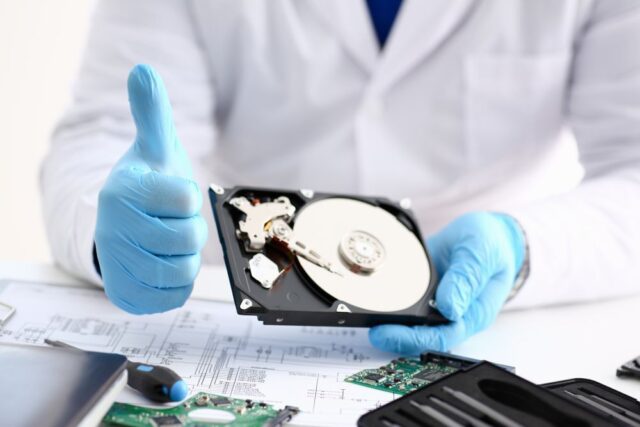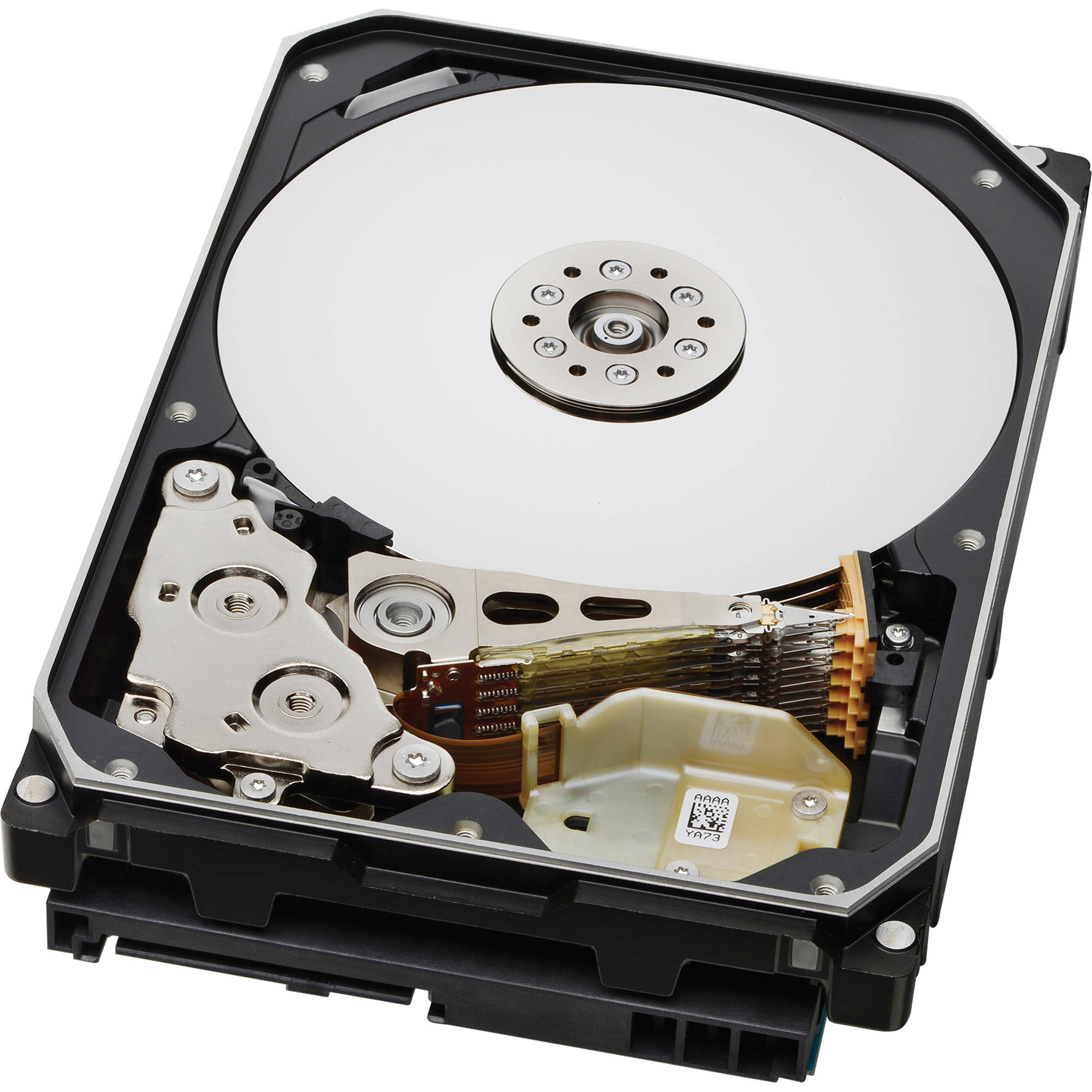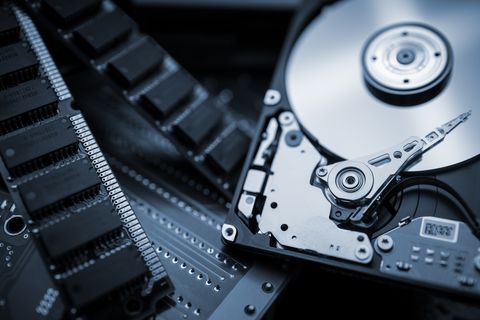Introduction In today’s world, it’s every internet-connected person’s job to protect themselves from computer forensic attacks. Even if you’re not a tech expert, you should be familiar with the ways in which hackers can steal information from your computer. Here are four tips to help you protect yourself from these attacks:

How to Protect Yourself from Computer Forensics Attacks
Computer forensics is the process employee data theft investigation of extracting data from a computer system in order to understand its operations. This can include anything from tracing the steps an individual takes to logging in to the system to locating and examining digital files. Anyone with access to a computer can do a computer forensics attack, including criminals and hacktivists.
There are a few main ways to protect yourself from computer forensics attacks:
1. Use measures such as firewalls and intrusion detection systems (IDS) to keep your data safe from unauthorized access.
2. Use encryption methods such as strong passwords and two-factor authentication (2FA).
3. Use current security software that includes anti-computerforensics features.
How to Protect Yourself from Computer Forensics Attacks
One way to protect yourself from computer forensics attacks is to use a security firmament. This means using a firm and secure password, two-factor authentication, and firewalls. These measures will help protect your data from being accessed or hacked.
Use a strong password.
One way to ensure that your password is strong is by using a unique and strong password. A strong password can be remembered by you for life, making it harder for someone else to hack into your account or steal your data.
Use two-factor authentication.
Two-factor authentication helps protect you against unauthorized access to your account by requiring you to enter two digits as part of an authentication code. This code can be provided by another person, like a friend or family member, rather than having to remember a complex password.
Use a firewall
Firewalls help prevent the connection between your computer and the internet from being broken, which could allow someone outside of your network access to your data. They can also help filter out malicious programs from accessing your information (this is important if you’re worried about data breaches).
Tips for Protecting Yourself from Computer Forensics Attacks
One of the best ways to protect yourself from computer forensics attacks is to use a password manager. A password manager is a software application that helps you store and manage your passwords, as well as access them when needed. You can find many password managers on the internet, such as SplashData or 1Password.
Use a virus scanner
Another great way to protect yourself against computer forensics attacks is by using a virus scanner. A virus scanner scans your computer for viruses and other malware, which can help you protect your data from being damaged or stolen. By scanning your computer for viruses, you will help protect yourself from potential damage caused by viruses.
Conclusion
Protecting yourself from computer forensics attacks is an important step in preventing data loss and damage. Use a security firmament, use a strong password, use two-factor authentication, and use a firewall to keep your computer safe. Additionally, use a water filtration system and screen savers to relax and enjoy your work. By following these tips, you can help yourself and your business stay safe during computer forensics attacks.








